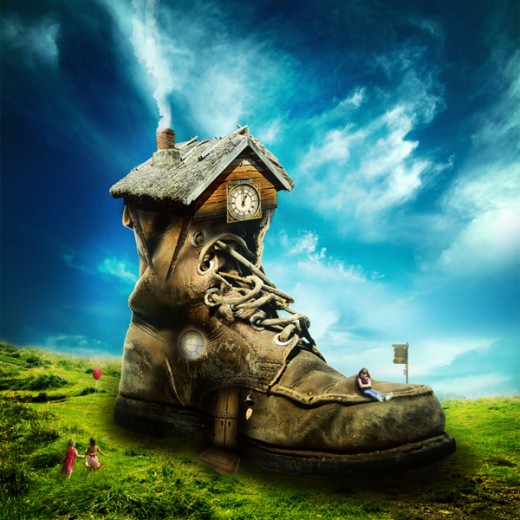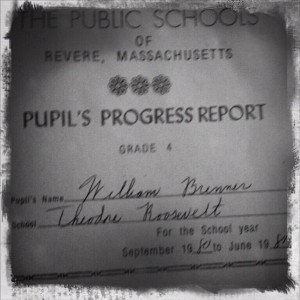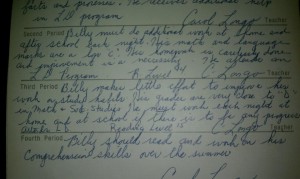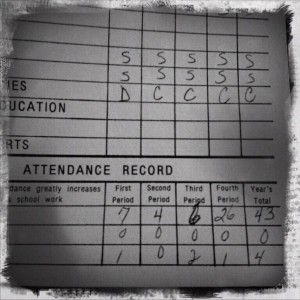This week I’ve been in Los Angeles on business. But I’ve been slaying some old demons while here.
Mood music:
Let’s go back 20 years — July 1991 — when I came out here with Sean Marley on my first trip to the west coast. I didn’t really want to go because I was afraid of everything and everyone. But Sean was red hot about the idea, and back then I was always out to impress the man. So off we went, on a 10-day California trip that would take us as far north as Eureka and as far south as Los Angeles. We lived in the rental car the whole time except for L.A., where we stayed in a friend’s apartment.
In L.A., we hooked up with a guy who used to live in the Point of Pines in Revere. I didn’t remember him, but he and Sean were tight as kids. Michael was his name. Michael took us to visit a couple of his friends who were living the stereotypical Hollywood lifestyle. They had a band, but sat in their cramped bungalow all day, surrounded by towers of empty beer cans and cigarette boxes, watching all the bad daytime TV they could feast their eyes on.
One of them asked me where we were from. The Boston area, I told him.
“Dude,” he said through the cloud of cigarette smoke encircling his head. “That’s a pretty long way from here.”
The statement filled me with more terror.
A pretty long way from here. From my safe place in the basement apartment at 22 Lynnway, Revere, Mass.
Terror.
That’s pretty much what the trip was. Sean ate it all up and had the time of his life, despite me.
I didn’t know back then that I suffered from OCD-induced fear and anxiety. I was still many years away from the therapy, medication and spiritual conversion. I had no idea what the 12 steps were when I was 21. Too bad, because I SHOULD have had the time of my life on that trip, too.
But that’s what fear does. It robs you blind. Robs you of everything that should make life worthwhile.
Fast-forward to the present. I’m back in LA on business. But I decided I was going to do a few things I couldn’t do last time I was here because of the fear.
I rented a car and drove all over Los Angeles and went as far south as Orange County, using the same freeways that scared the daylights out of me back then.

I took walks all over the place and mingled freely with people — something else I was afraid to do before.
I went deep into the Hollywood Hills and drove to some old murder sites because as a kid these places left me obsessed and afraid. The Manson Murders was particularly scarring on my young mind. From the first time I saw the TV movie “Helter Skelter” in the late 1970s through the first time I read the book from beginning to end in the 1980s it’s been the stuff of nightmares. That has fed the obsessive part of me. I read that book two or three times a year and knew exactly where every murder scene was before setting foot on the plane.
So I traveled to Cielo Drive, where Sharon Tate and her friends were murdered, and Waverly Drive a half-hour away, where Leno and Rosemary LaBianca were murdered the following night.



I also visited the scene of the Wonderland Murders.

Along the way, I visited the Sunset Strip, the cradle of Rock ‘N Roll History.


Driving in strange places scares me less and less the more I do it. This was a big step in slaying the old fears.
The scary glow of the Manson Murders was also dimmed considerably this trip. When you look across the canyon to where the Tate-Polanski house once stood, the scene is peaceful. Driving to the gate of where the murders happened killed the mystique for me.
I think I’ll put the old “Helter Skelter” book away now.
The lesson of this post is that facing fears is sometimes the only way to slay them. I did the hardest work on myself long before this trip. But the journey has been the icing on that cake.
When you learn to manage your fears, a whole new world is opened up before you.









